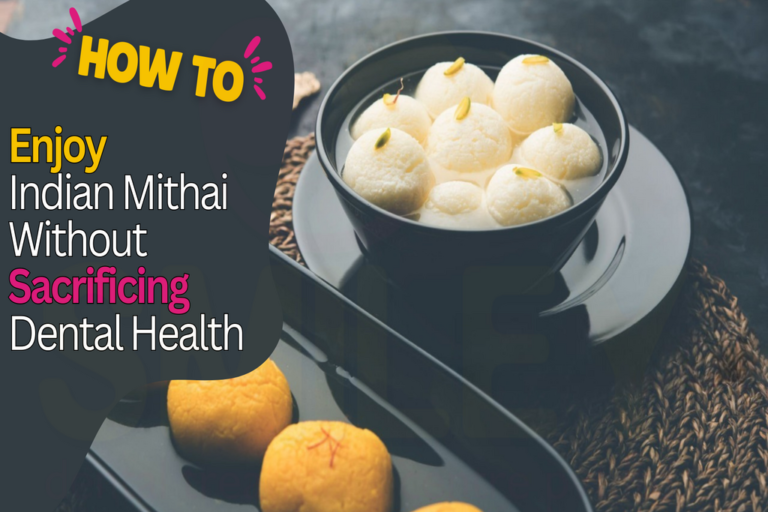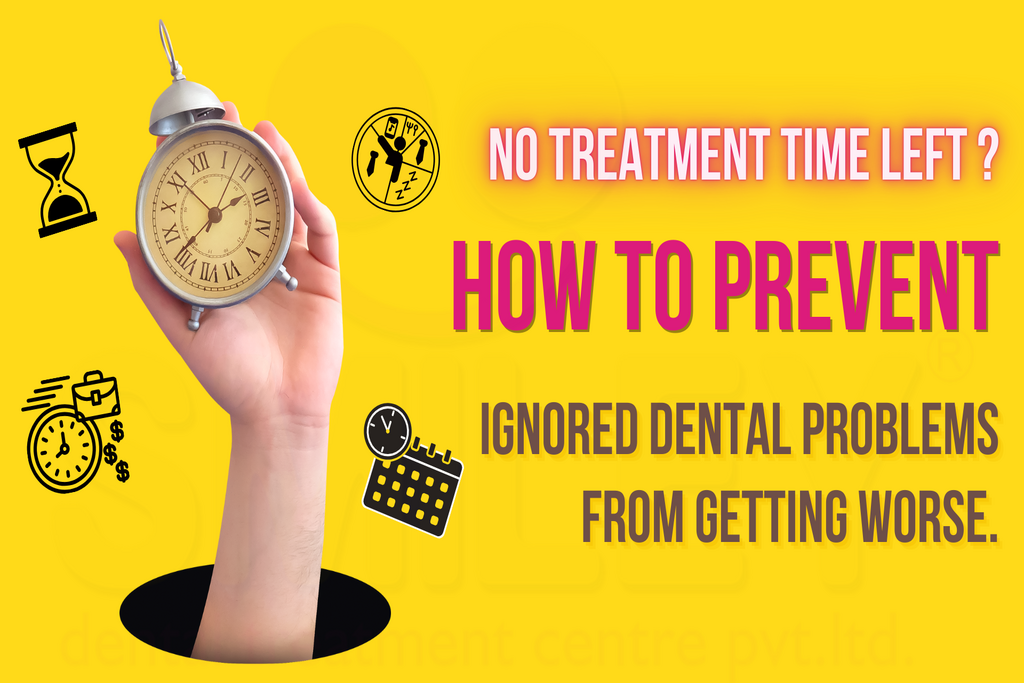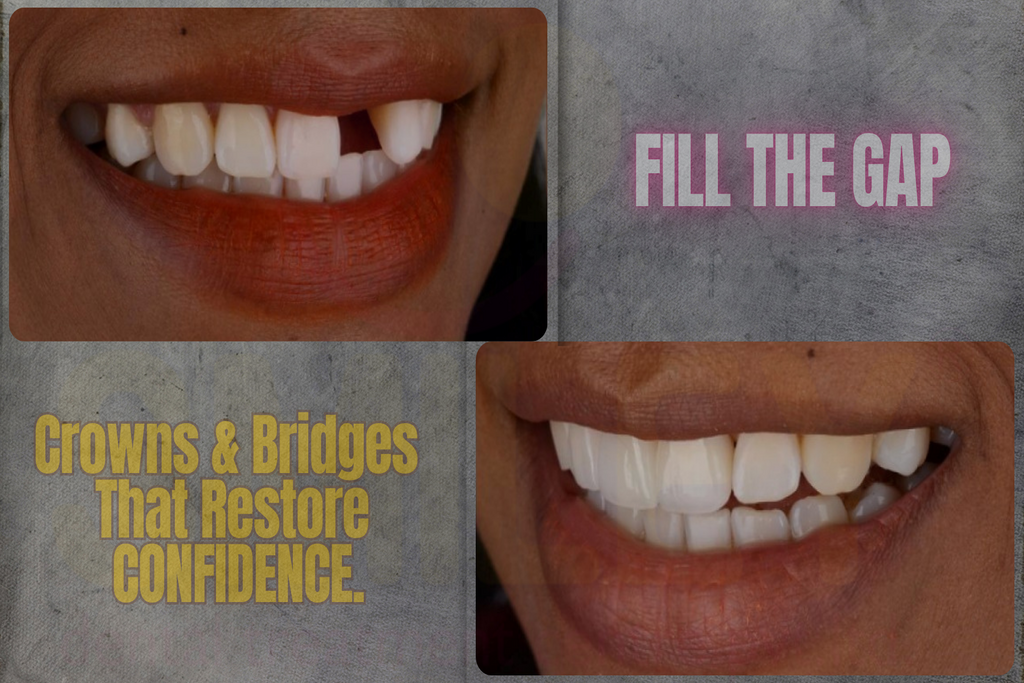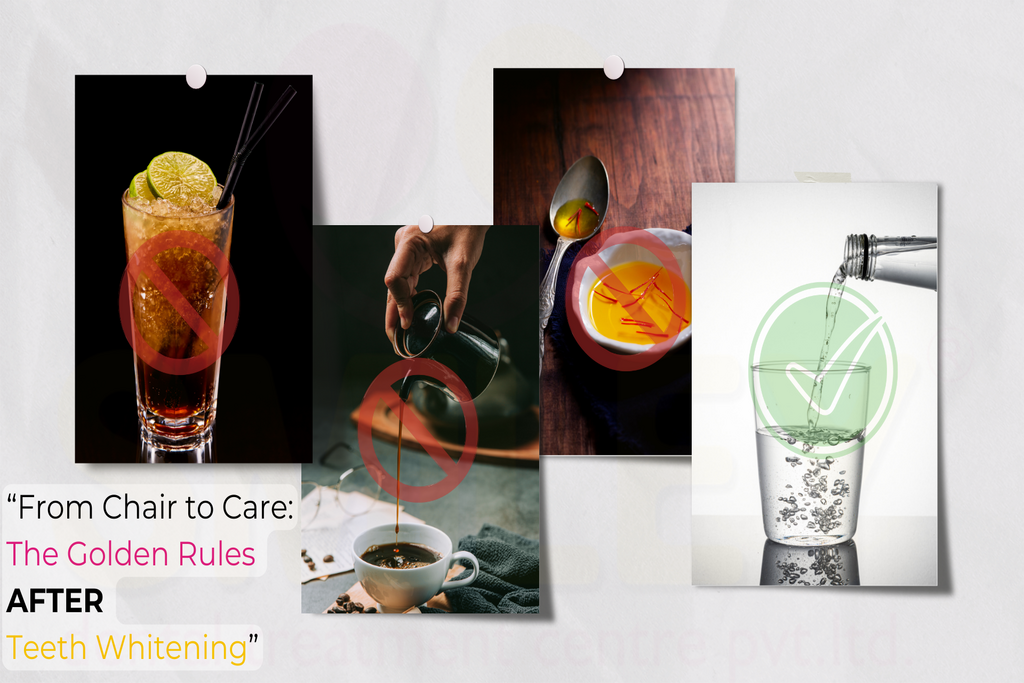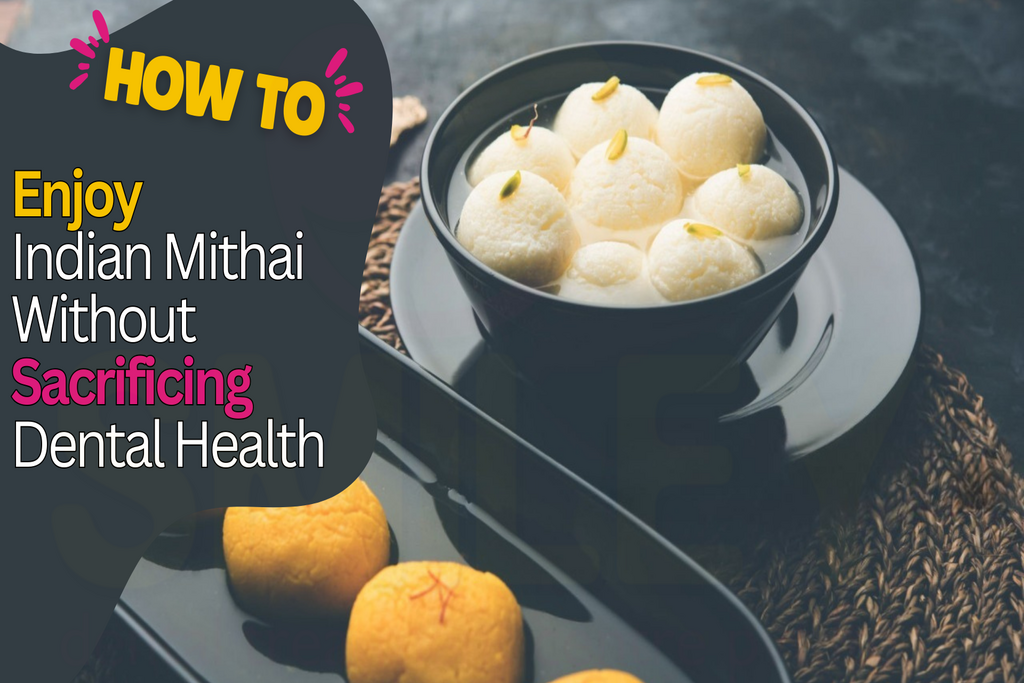Festivals in India are incomplete without a plate full of Rasgullas, Sandesh, Jalebis, and other traditional sweets. These delicacies are more than food – they carry emotions, nostalgia, and culture. But alongside this sweet indulgence lies a silent concern: oral health. Many people rush to a dental clinic only after experiencing pain, ignoring the preventive side of dentistry.
Unfortunately, the internet and social media are filled with half-truths about oral care during festive seasons – from “brushing harder after sweets” to “using home remedies like salt and lemon to clean teeth.” These can cause more harm than good. The real solution lies in balance, science, and awareness.
The Hidden Problem
Traditional Indian sweets are high in sucrose and glucose, which are primary fuels for cavity-causing bacteria. Sticky sweets like Jalebi cling to the tooth surface for longer, creating the perfect environment for bacterial growth. Moreover, frequent snacking during festivals means teeth are constantly under acid attack, without enough time for natural re-mineralization through saliva.
What does this mean for you?
- Tooth sensitivity develops when the enamel weakens.
- Cavities form silently and are often ignored until pain starts.
- Gum diseases worsen due to food lodging and neglected oral hygiene.
Negligence is common – many believe, “Festivals come once a year, what harm can a few sweets do?” But scientific studies show that even short bursts of high sugar intake can trigger a spike in oral bacterial activity, increasing the risk of caries in both children and adults.
The Careful Solution
Enjoying sweets doesn’t mean you have to avoid them completely. A few lifestyle-focused steps can help:
- Timing is Key: Instead of frequent snacking, eat sweets immediately after a main meal. Saliva flow is already increased, which helps neutralize acids.
- Water Rinse, Not Home Remedies: Rinsing your mouth with plain water after sweets is better than using acidic “DIY” hacks like lemon or vinegar, which erode enamel.
- Smart Sweets Choices: Rasgulla and Sandesh, being water-based and less sticky, are safer than Jalebi or Gulab Jamun which stick to enamel longer.
- Regular Dental Checkups: Visiting a dentist before and after festival seasons helps detect early damage that home care cannot.
- Fluoride Protection: Using fluoride toothpaste strengthens enamel and reduces the risk of cavities from festive indulgences.
Lifestyle Awareness
A quality-conscious person knows that oral health is not just about teeth but overall well-being. Research links gum disease to diabetes and cardiovascular conditions – both prevalent in Indian households with rich festival diets. A little awareness and timely dental consultation can protect not just your smile, but your long-term health.
Edited by Dr Sourav Ghosh (MDS); Gold Medalist
Conservative Dentist, Endodontist & Cosmetic Dentist
Clinical Head at Smiley Dental Treatment Centre Pvt Ltd
Dr. Sourav Ghosh is Kolkata’s go-to Endodontist for professionals, celebrities & quality-conscious families. With 21+ years of expert-led care, he ensures privacy, precision, and bespoke treatment at Smiley Dental Treatment Centre Pvt Ltd.
References
- Moynihan P, Kelly S. Effect on caries of restricting sugars intake: systematic review to inform WHO guidelines. Journal of Dental Research. 2014;93(1):8–18.
- Zero DT. Sugars—the arch criminal? Caries Research. 2004;38(3):277–285.
- Sheiham A, James WP. A new understanding of the relationship between sugars, dental caries and fluoride use: implications for limits on sugars consumption. Public Health Nutrition. 2014;17(10):2176–2184.
- Featherstone JDB. Dental caries: a dynamic disease process. Australian Dental Journal. 2008;53(3):286–291.






